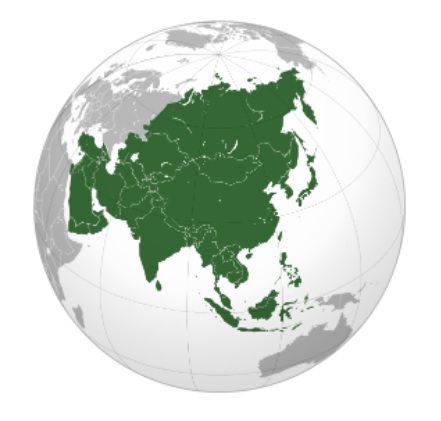WM MARKET REPORTS
Family Office Boom: Contrasts Between East, West – Study
Tom Burroughes, Group Editor
A study by the Economist Intelligence Unit, alongside DBS Private Bank, teases out the differences between family offices in Asia and those in Western regions.
Western family offices appear to be more willing than their Eastern counterparts to hire professional investment staff, although that gap may close in future as successive generations take over assets, a study says.
The report, by the Economist Intelligence Unit and commissioned by DBS Private Bank, drills down into a number of trends in Asia’s growing family office space, such as how FOs in the region tend to have a younger age cohort than in the West, and how matriarchs and patriarchs tend to be still involved in creating wealth in the businesses, hence taking more direct control of investment.
The 39-page report, Family Office Boom: Contrasts Between East And West, illustrates an Asian market that has risen rapidly from lowly beginnings only a few decades ago. In Asia, the total wealth of people with $50 million plus stood at $22.1 trillion in 2019, just ahead of $21.7 trillion in North America and $16.7 trillion in Europe (source: Capgemini). Asian HNW individuals tend to be overwhelmingly self-made – more so than in the West. Some 95 per cent of China’s billionaires are self-made. Family office growth has been rapid. In Singapore alone, for example, there was a fivefold increase in the number of family offices set up between 2017 and 2019, according to the Monetary Authority of Singapore. (In Singapore, the launch of its Variable Capital Companies regime in 2020 has also helped the growth of non-bank investment entities.)
“Despite differences in their origination and approach to wealth, we’re witnessing a shared and fast-growing interest in Asia, from families both in the East and West,” Lee Woon Shiu, regional head of wealth planning, family office and insurance solutions, DBS Private Bank, said. “With COVID-19’s emergence, these families also share a heightened awareness of their potential vulnerabilities today, and are placing greater urgency on long-term needs such as succession planning.”
Among its findings, the EIU report said that the age of a family fortune tends to have more impact on family office structures than culture, geography or endowment size – the deeper generations go, the further they are from the influences of their founding businesses or home countries. As emerging markets become more established, this could influence asset allocations, it said.
Chiming with the findings of other reports and this news service’s reports, the study said that family offices around the world are keener on private equity investment, although for different reasons. Western institutions want to spread risks, while those in the East want to take more early-stage investments in sectors they already know well.
Impact investing appears more popular in the West as an add-on or replacement for philanthropy; ESG investing seems to have a broader appeal across the globe, the report said.
The report picks up on cultural forces at work in Asian family offices, such as the challenge posed by mainland China’s one-child policy (only recently adjusted). It describes how succession planning was a big force that drove Yu Hongru, a former Chinese pharmaceutical entrepreneur, into founding BOZE, a single family office. He was quoted as saying: “In China, there are many public and private placements, and many asset management companies and insurance companies … but to find the suitable talents for family offices is still a challenge. The one-child policy has made this worse as there are fewer options for succession.”
Younger money
The study noted that East-West distinctions on succession are “significant” but the roots of that are more demographic than cultural. A fortune’s age plays a bigger role.
Billionaires in China – where most the East’s billionaires originate – are younger than their Western counterparts. With an average age of 56, more than 20 per cent are less than 50 years’ old compared with a global mean of 10 per cent. India has a similar demographic with an average billionaire age of 63. Likewise, the average age of its HNW individuals with a status of $30 million-plus is 59 years old.
“That younger stage of life can greatly influence where a family is on its `wealth journey’ and how its related family office then operates and plans for the future,” the report said.


